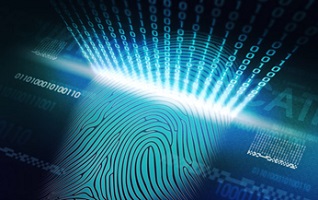The Washington state House passed a bill 81-17 this week that would forbid businesses from obtaining or selling biometric information from individuals without their consent. The bill now goes to the state Senate. The House passed a similar bill last year before it died quietly in the Senate. “This product is much improved over the earlier bill,” said the bill’s sponsor, Rep. Jeff Morris, D-Mount Vernon and chairman of the House Technology & Economic Development Committee. Morris said laws on biometrics are needed now to head off future problems. “It’s important to get these rules in place before the horse gets out of the barn,” he said. Currently there is no federal law that regulates the collection or sale of biometrics for commercial purposes, according to a House staff memo.
“It is an emerging field,” said Rep. Mark Harmsworth, R-Mill Creek, and a co-sponsor of the bill. “Biometric identifiers” are characteristics unique to an individual’s body or behavior. These include fingerprints, retinal scans, voiceprints, facial recognition, and programs that recognizes a person’s distinct ways of walking and moving. Even heartbeats are being used as biometric identifiers. Such identifiers are increasingly being used to authenticate users in a wide variety of digital applications and services.
Morris’ bill would prohibit the sale, lease or disclosure of a biometric identifier for commercial use if certain criteria are not met. Those criteria include whether biometric information is actually needed for a transaction, and if the need for biometric information is spelled out in state or federal law. The bill would also make putting biometric identifiers into a database illegal without the person’s consent — meaning such information cannot be collected surreptitiously. And the bill would lay out rules governing access to and retention of biometric identifiers. ‘It’s important that we step forward (in biometrics) with some guardrails,” Morris said. “Biometrics are not like credit cards or other identification numbers. They are unique to us,” Harmsworth said.
Morris said: “These are not like a passcode that you can simply replace.” The ideas is to make it so “your characteristics don’t become part of the junk-mail culture, the junk-email culture.” In voting against the bill, Rep. Tana Senn, D-Mercer Island, contended that some of the technical definitions need to be fine-tuned.








